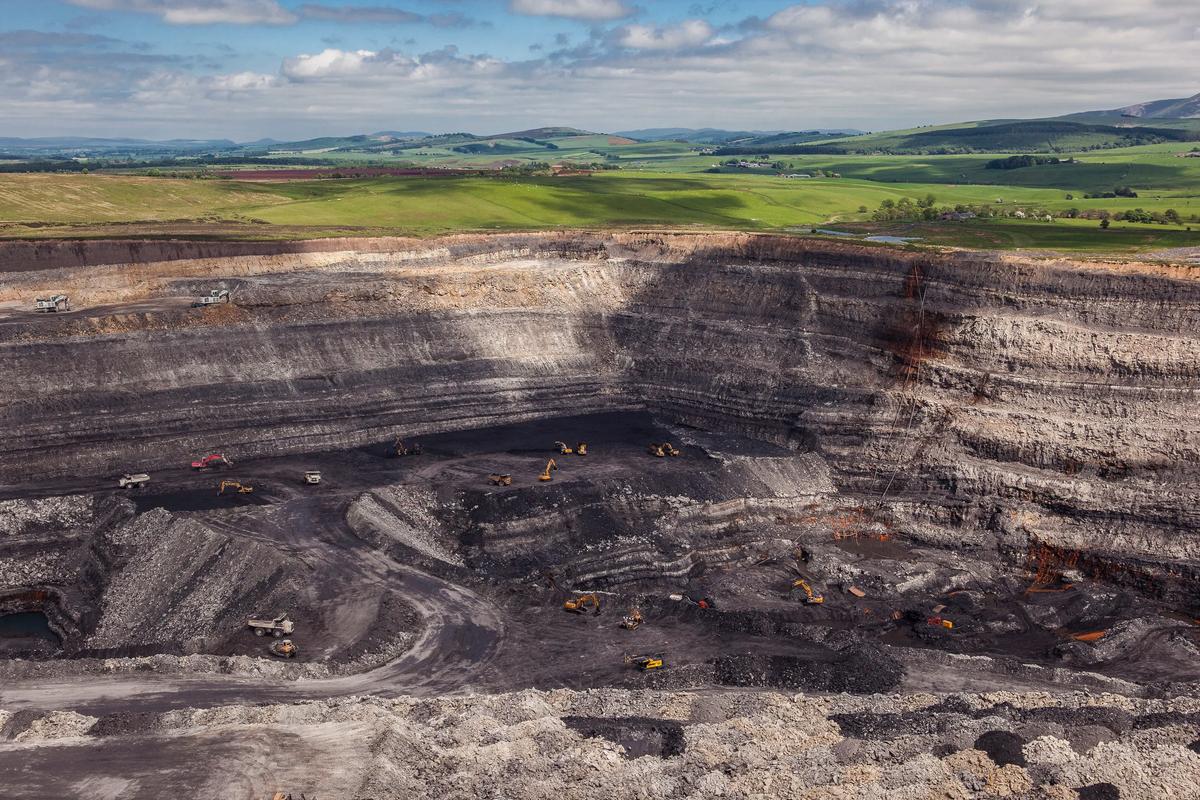
"However, the term 'Anthropocene' has become deeply ingrained in the public imagination and will not be simply erased. And it still has currency, but it needs to be broken loose from entrenched debates that carry unnecessary baggage. The Anthropocene is a prism through which we can examine the multifaceted history of human activities on this planet, and the spectrum of our potential futures."
"Considering these and many other major and still growing impacts of human activities on earth and atmosphere, and at all, including global, scales, it seems to us more than appropriate to emphasize the central role of mankind in geology and ecology by proposing to use the term 'anthropocene' for the current geological epoch. The impacts of current human activities will continue over long periods."
An expert panel of the International Commission on Stratigraphy voted against recognizing the Anthropocene as a formal geological epoch, effectively ending a long geological debate. The term 'Anthropocene' remains culturally entrenched and retains usefulness, but it should be disentangled from technical stratigraphic disputes. The concept functions as a lens for examining the complex history of human activities and the range of possible futures for the planet. The idea of humans as planetary agents dates back to George Perkins Marsh (1864). Paul Crutzen and Eugene Stoermer proposed the term in 2000 within Earth System Science, and a formal stratigraphic process began in 2009.
Read at Aeon
Unable to calculate read time
Collection
[
|
...
]